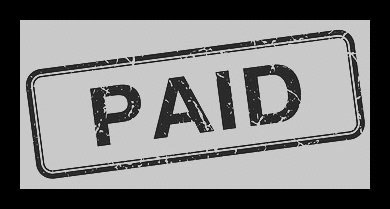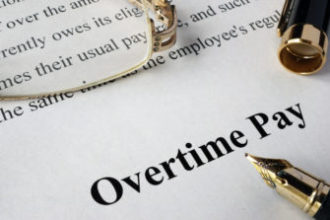Too often, employers take advantage of their employees, with the employer typically leveraging its superior knowledge of the law. Employees…
A pizza restaurant chain in Manchester, Connecticut was held liable for violating the Fair Labor Standards Act (FLSA). An investigation…
In the rapidly growing oil and gas industry, wage and hour violations have become more common as companies seek ways…


